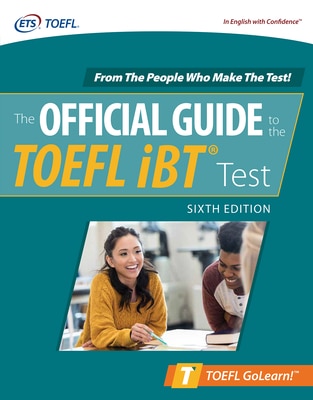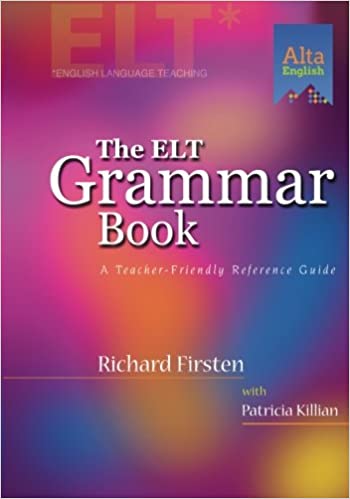The conditional mood is one of those really cool, expressive aspects of English. The flip side of that, unfortunately, is that it can also be pretty confusing to decide which conditional form best fits your situation, and then to formulate it properly. Since a lot of the open-ended questions on the TOEFL will require you to solve a problem and discuss options, a good grasp of conditionals can be really helpful in giving compelling answers. If you’re considering studying in an English-speaking program, you have probably already studied conditionals, so this post will serve as a quick review for you.
For the sake of simplicity, I will give the grammatical structure of each conditional form in an “if…then” format. Although this is a common format for conditional expressions, there are alternatives that you can explore on your own.
Zero conditional
If + present simple, then + present simple
The zero conditional is the easiest to construct because it can only exist in the present tense. We use it to describe laws of nature and other things that are always true. Because the condition is 100% certain, we often replace “if” with “when.”
Examples: When it rains, the ground gets wet.
If you study, you usually get good grades.
First conditional
If + present simple, then + future simple
First conditional deals with predictions for the future. As with zero conditional, we’re still dealing with a situation that is very likely to be true, although it’s not 100% certain. Whereas zero conditional deals with something that’s always true, first conditional is used to refer to a particular (usually one-time) situation.
Examples: If you don’t go to bed on time, you’ll have trouble waking up.
If they finish all their supper, they’ll get to have dessert.
Second conditional
If + simple past, then + would + verb
This is where it starts to get a little trickier. Second conditional is for situations that are theoretically possible, but may not be likely. Think of second conditional as the daydreaming conditional.
Examples: What would you do if you won the lottery?
If we had some bacon, we could have bacon and eggs, if we had eggs.
Third conditional
If + past perfect, then + would + present perfect
Third conditional is used to talk about alternative outcomes of past events. In other words, the situations that are described in third conditional are impossible, because the opportunity is already past.
Examples: If I had been born to a diplomat, I would have lived in many places. (Implied information: I was not born a diplomat, and I have not lived in many places.)
If I hadn’t missed the bus, I would have gotten to work on time. (Implied information: I did miss the bus, and I was late to work.)






Leave a Reply